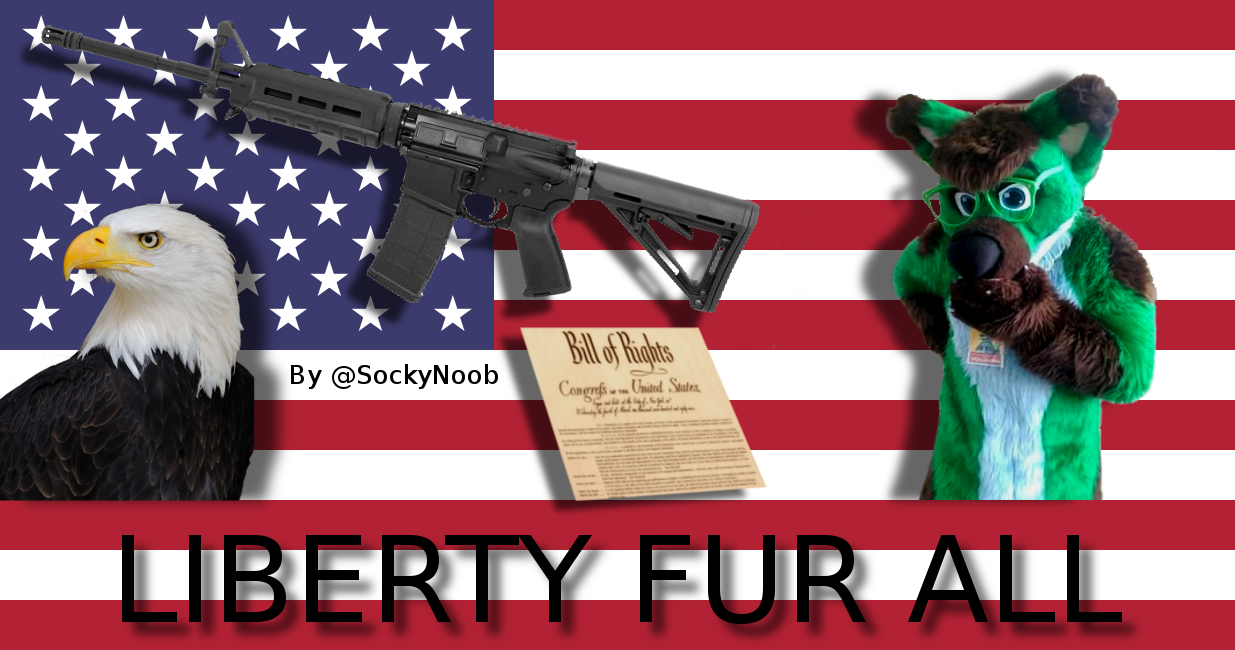About two years ago, I made the mistake of tweeting that I cared more about a certain online journalism watchdog group (that I later distanced myself from) than the protests over the murder of an African-American man who may or may not have been innocent. For that, a person, who I will call “X,” replied, basically saying “fuck you.” I posted a screenshot of the reply mocking them, after which X retweeted my original tweet, giving their followers free reign to bash into me. Once the flow of hatred started, two things popped into my mind: first, the promise that I would never state such a controversial opinion again, and two: the question of how online discussion brought out the worst in people.
Politics have always been a touchy topic. From the Ides of March, to the Constitution Convention, to many an awkward family reunion, people have always had opposing views of how things should be done. However, with the invention of the internet, people with opposing views are more likely to cross paths and, much like the missionaries of the Mormon Church, it is our human nature to try and convince others to join our side.
In any discussion or retelling of events, online or not, the discusser will try to change the moral gray area of any subject into a solid white and black, good and evil, right and wrong. Unless the discusser is seriously fucked in the head, their side is always portrayed as the right, while the side that they are against is the wrong. Let’s use gun control as an example. A person who supports gun control will say that they are pacifists trying to end violence from the violent gun owners, while a person who opposes gun control will say that they are law-abiders defending themselves from the evil people trying to infringe on their rights.
Unlike protests on the streets of the city, the semi-anonymous nature of the internet allows people to express their opinions without the fear of immediate physical reprimanding. Because of this, the majority of people that actively engage in politics will attempt to rally their opposition to come to their side. However, people forget that what they say may cause a wave of backlash that may never end.
In a debate between two or more people, all parties involved will try to make their side of the argument seem as pleasant as possible by downplaying any wrongdoing, while demonizing any opposing viewpoints. Of course, this will leave the other person offended and trying to back even harder. I myself committed this mortal sin in the very first paragraph of this article. In reality, my parents were in New York City on the night of the protests and, worried about their safety, I made some very racially charged comments about the protests. The backlash I did receive was very limited and never amounted to more than “how does your taint taste?”
However, I did not state these facts in the opening paragraph because it would have made me look bad in comparison to the “flow of hatred,” and would have prevented me from trying to rally you to accept my opinion as fact. In fact, I bet that, at one point, X had told the story of how they successfully defeated a card-carrying member of the Klan in a debate through non-aggression and logic. Consciously or not, everyone attempts to sugarcoat the truth to fit their side.
